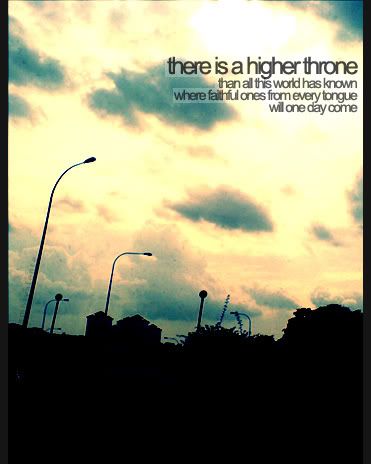
The life and death of Jim Elliot was a testimony of a man committed to the will of God. He sought God's will, pleaded for it, waited for it, and—most importantly—obeyed it.
He martyrdom at age twenty-eight and subsequent books on his life by his former wife, Elisabeth Elliot, have been the catalyst for sending thousands into the mission fields and stoking the fires of a heart for God. He was an intense Christian, bent on pleasing God alone and not man.
"[He makes] His ministers a flame of fire," Elliot wrote while a student at Wheaton College. "Am I ignitable? God deliver me from the dread asbestos of 'other things.' Saturate me with the oil of the Spirit that I may be aflame. But flame is transient, often short-lived. Canst thou bear this my soul—short life? In me there dwells the spirit of the Great Short-Lived, whose zeal for God's house consumed Him."
Elliot was a gifted writer, speaker, and teacher. He had a commanding presence while a student at Wheaton, even starring on the wrestling mat where he became a champion.
Many of his friends were convinced Elliot's spiritual giftedness should be concentrated on building up the church in America. Elliot, however, wanted God's will, not man's. After many protracted and solitary prayer sessions, Elliot sensed God's call to a foreign field, specifically South America. "Why should some hear twice," he said, "when others have not heard [the gospel] once?"
Correspondence with a former missionary to Ecuador and hearing of a tribe—the Aucas—that was never reached with the news of Christ's redemption set his course.
In the winter of 1952, Elliot and a friend who shared his vision set sail on a freighter, the Santa Juana, for the jungles of South America.
Elliot's focus on obedience to God's will led to a disciplined and slightly unorthodox courtship of Betty Howard, whom he met at Wheaton. They longed to be husband and wife, but Elliot would not agree to the marriage yoke until he was certain of God's plan.
Elisabeth and Jim both were called to Ecuador as missionaries. Almost one year after arriving, they were finally engaged. On October 8, 1953, they were married in a civil ceremony in Quito, Ecuador.
After their wedding, Elliot continued his work among the Quichua Indians and formulated plans to reach the Aucas.
In the Autumn of 1955, missionary pilot Nate Saint spotted an Auca village. During the ensuing months, Elliot and several fellow missionaries dropped gifts from a plane, attempting to befriend the hostile tribe.
In January of 1956, Elliot and four companions landed on a beach of the Curaray River in eastern Ecuador. They had several friendly contacts with the fierce tribe that had previously killed several Shell Oil company employees. Two days later, on January 8, 1956, all five men were speared and hacked to death by warriors from the Auca tribe.
Elliot wanted God's will. It ended in his death, but it was a death whose seed still brings forth fruit for the gospel's sake. Elliot said: "Our orders are: the Gospel to every creature."
Many Aucas eventually came to accept Christ as Savior when Elisabeth Elliot bravely returned to share Christ with those who killed her husband. Her books, Shadow of the Almighty and Through Gates of Splendor, speak passionately of the power, majesty, and sovereignty of God while chronicling the life of her husband.


